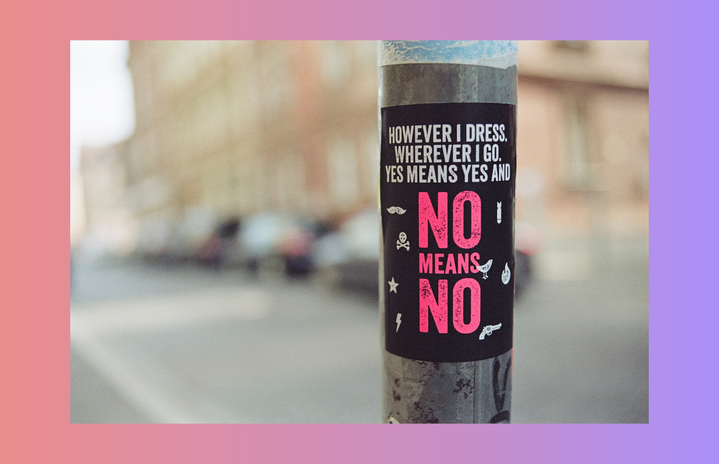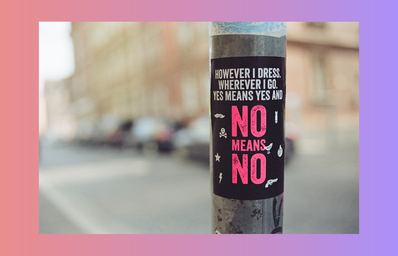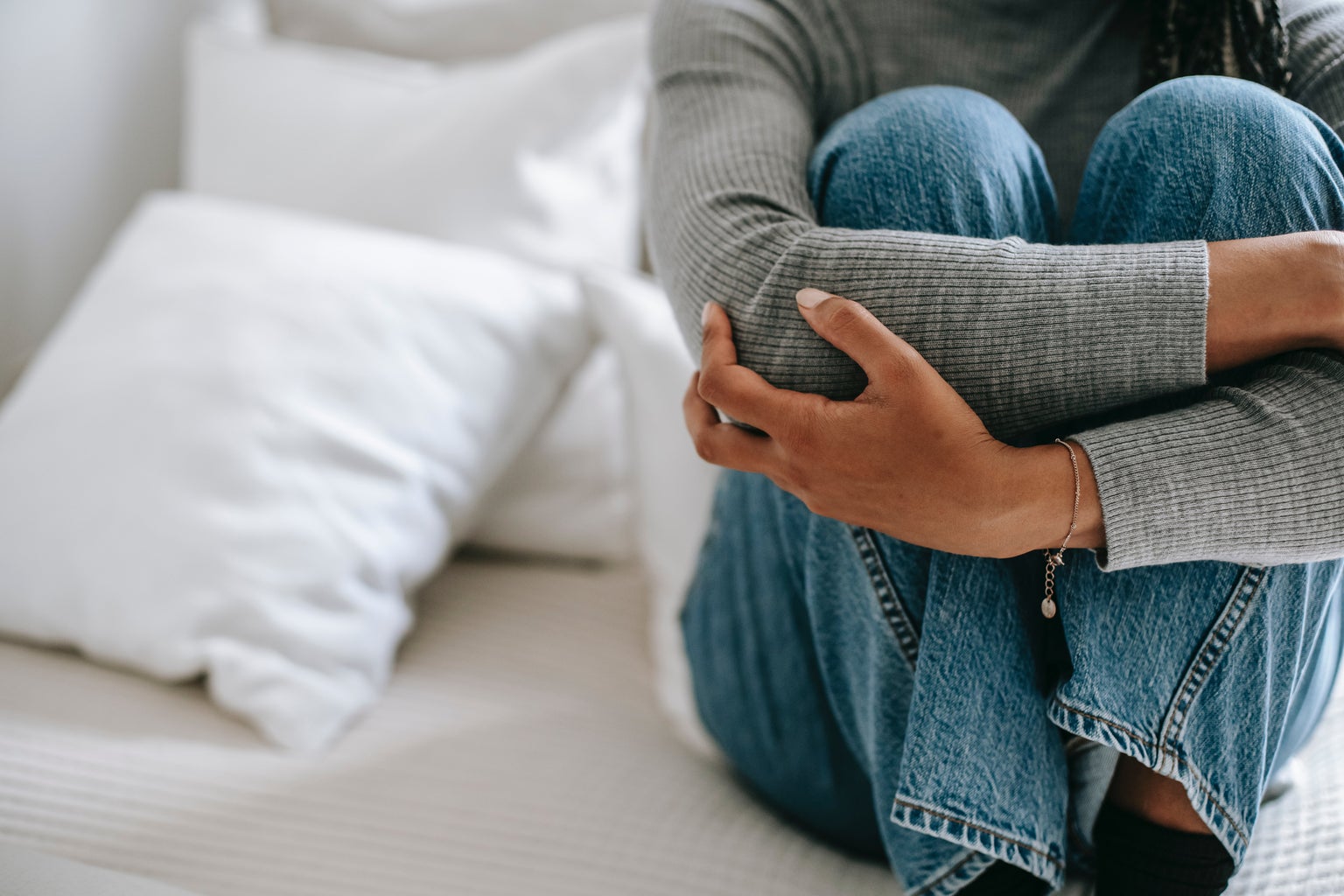I don’t want to be just a statistic.
That was what I was thinking when I sat on the floor of my dorm room after it happened. 13% of college students get sexually assaulted in their university years. Among female undergraduates, 26.4% have experienced some form of sexual assault or rape.
Before you leave for college, you’re warned about staying with friends when you go out, covering your drinks, not staying out past midnight. There are so many precautions we are told to take. The night it happened, I had pepper spray and a taser with me. I was with friends. I had my drink with me at all times. I was wearing a sweatshirt and leggings. There were less than 10 people at the party. And yet somehow, it happened.
The truth is, these precautions are just that: precautions. It’s scary to think about how all of this care and worry and heartache can be for “nothing”–if someone wants something from you and they’re twisted enough, none of these things will matter to them, let alone consent.
The “anniversary”–for lack of a better word–will be this December. It has been almost a year since it happened, and there are still things I cannot remember about that night. I have finally begun to process what really happened to me, and in doing so I have tried to open back up sexually.
People assume that because I was raped I fear sex. Or that I fear men. I suppose that in a sense they’re right, but I have always feared men ever since I was a child. I have feared sex since I learned what it was, but I would not say I’m more afraid of it now than I was when I lost my virginity. If anything, I’m scared that it’ll happen again.
I have had one sexual partner since I was raped. At first I didn’t tell him about what happened to me out of fear that he would get mad, or that he would see me differently. I accidentally let it slip in passing when we were having a conversation, and I will never forget the look on his face. It was a mixture of pity, shock, and a multitude of other emotions. I got angry then–at myself, for being careless enough to tell him, and at him for his reaction. I didn’t want pity and I sure didn’t want him to see me differently. One of the biggest struggles about telling people about what happened to me was the worry that once they knew, that was all they would ever see when they looked at me. I didn’t want to be a statistic. I didn’t want to be pitied. I didn’t want my rapist to become this defining characteristic of who I was, because he isn’t.
I no longer talk to this person. However, it was not because he saw me differently after I told him, which I will forever be grateful for. It was a natural conclusion to our relationship, and we were both perfectly okay with it.
Intimacy after sexual assault is difficult to navigate, to say the least. Along with the assumptions that I fear sex and men, people also assume that it’s limited to just that–sex. In reality, my situation was a lot more than that. I began to fear hugs: romantic, familial, and friendly. The feeling of a hand on my waist or a brush against my shoulder would send my heart racing. Sex after being raped wasn’t the main problem for me, because I felt like I could control when and if it happened with my one partner. The issue was non-consensual touch, regardless of whether it was sexual or not. I’m sure that the person brushing by me on the bus or the individual touching my back as they squeezed past me at a concert was not trying to assault me, but the surprise that the gestures caused was what made flashbacks start playing in my mind.
Every situation is different, but there are a few key things that I liked to keep in mind in intimate situations after sexual assault.
- This might seem like common knowledge, but you are allowed to say no! If you feel at all hesitant or afraid, say no. You do not need to explain yourself. People are allowed to change their minds about sex, no matter what.
- Do not fear communication. If you’re feeling uncomfortable, speak up! Your partner will not get mad or upset with you–and if they do, then that’s a red flag.
- If you feel the need to, please share your situation and location with a trusted individual. Whether that is a friend, family member, or another acquaintance, letting someone know where you are is always a good idea.
- Sex might look and feel differently for you after assault, and that is normal. For a while, I was afraid of specific situations–I feared guys keeping their shirts on, I feared wearing my hair in braids, and I feared the lights being off. It might be frustrating to have to “deal” with these new triggers and boundaries, especially if you were perfectly comfortable with them before, but changing and adapting is a natural part of sex.
- It will be okay. If you’re afraid to have sex again, that is perfectly valid. But I promise that it will all be okay in the end. It’s so, so hard to navigate a situation like this, but the sun will always rise again, and we will prevail.




